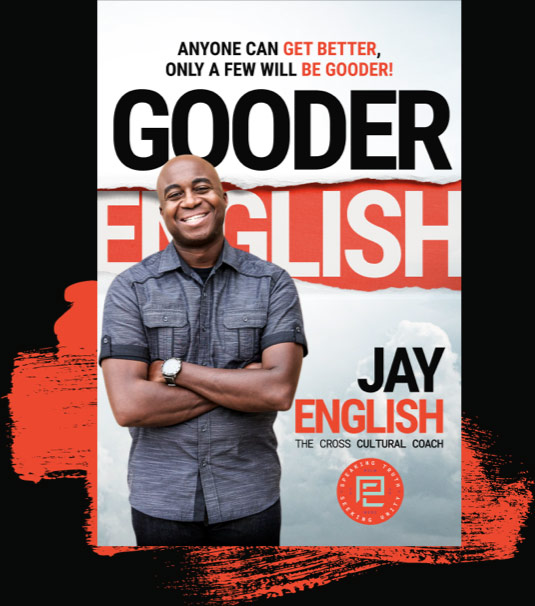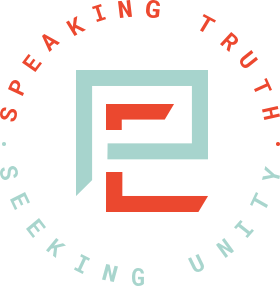Here is a riddle for you:
I have existed since the beginning of humanity as both the first thing an infant hears and the last for many leaving this life. I have built incredible kingdoms while also dividing tight-knit families. People have used me to plant love in the hearts of some and hatred in the minds of others. I have been used to oppress, and to liberate. The images that I create can bring hope or despair. I am more powerful than you could ever imagine, however, I am rarely talked about by those who need my strength. I should be shared equally, but in America I have been hoarded by those in authority. You must work hard to wield me properly, but once in hand, there are few doors that I am unable to open. Who am I?
The answer to this riddle is a word that continues to dictate the future of young people throughout our county. That word is literacy.
Many of us take literacy for granted because there is a portion of the population that has always had access to it. However, that has not always been the case for others. That reality continues to play itself out today as the disparities in education continue to grow, especially now during a pandemic that has put even more distance between those who have and those who don’t.
What if I told you that this is actually how the system was originally created to work? I know, I know, that’s really hard to believe. Why would anyone create something like that? Who would that benefit? What would be the long-term effects? I am so glad you asked; let’s take a look.
I need you to understand that the battle over literacy goes back to the time of slavery and reached a boiling point when the General Assembly of the state of North Carolina got involved and passed the following act:

This act—which was followed by other states who issued their own version—was put into effect to prevent the teaching of slaves how to read and write, the two basic tenets of literacy. What is even more telling is the language that they used here to explain the reasoning behind this act.
At that time, people literally viewed this as protecting both the slaves and those who owned them. The second line states that the “teaching of slaves to read and write, has a tendency to excite dis-satisfaction in their minds, and to produce insurrection and rebellion, to the manifest injury of the citizens of this State.”
Incredibly, this was something that they felt had to be done in the best interest of the slaves they cared so much about. But surely, there was nobody that would want their slaves to no longer be satisfied with their current position in life and have to deal with the mental stress that would come with that, right? So the solution was, in essence, “Let’s just save them from the horrible atrocities that would come from reading and writing.”

This thought process continued throughout slavery and simply transformed itself into a different system of oppression once the slaves were freed. Even though they were technically free, these men and women were simply not allowed to attend the places where the literacy of those in power would be taught. Instead, they were “allowed” to attend schools and places of education that were horribly funded, if funded at all. In these school systems, even graduating would still not put them on an even playing field with those who had held them captive for so many years.
I have met people who simply do not believe that there is such a thing as systemic racism. However, if that is true, please help me understand why the following stats continue to exist:
- Two-thirds of minority students attend schools that are predominantly minority, most of them located in central cities and funded well below those in neighboring suburban districts.
- On every tangible measure—from qualified teachers to curriculum offerings—schools serving greater numbers of students of color had significantly fewer resources than schools serving mostly white students.
- Minority students typically have fewer and lower-quality books, curriculum materials, laboratories, and computers; significantly larger class sizes; less qualified and experienced teachers; and less access to high-quality curriculum and college prep courses.
- On the 2015 National Assessment of Educational Progress, only 18 percent of African American fourth graders were proficient in reading and only 19 percent scored as proficient in math.
- Two-thirds of students who cannot read proficiently by the end of the fourth grade will end up in jail or on welfare.
- 85 percent of all juveniles who interface with the juvenile court system are functionally low literate.
- It seems to me that there is something that continues to live on through the disparities of education that I have listed above. With all of the tests and studies that exist, we can no longer say that we do not know the power of literacy. We can no longer say that we do not know the path that the lack of literacy puts our young people on.
I know, you know, we all know that literacy by the fourth grade is the marker that tells us the likely outcome for that child. If this is true, why aren’t we doing more? If this is true, why does the campus of an inner-city school look so completely different than the campus of one in an affluent suburb? If this is true, why does our government allow it to continue?
Could it be that there is still a system in place that helps create this disparity? A system which views the teaching of minority students to read and write as having a tendency to excite dis-satisfaction in their minds, and to produce insurrection and rebellion, to the manifest injury of the citizens of this State.”
Without education, he lives within the narrow, dark and grimy walls of ignorance…Education, on the other hand, means emancipation. It means light and liberty. It means the uplifting of the soul of man into the glorious light of truth, the light only by which men can be free. To deny education to any people is one of the greatest crimes against human nature. It is to deny them the means of freedom and the rightful pursuit of happiness, and to defeat the very end of their being.
Just something to think about.


